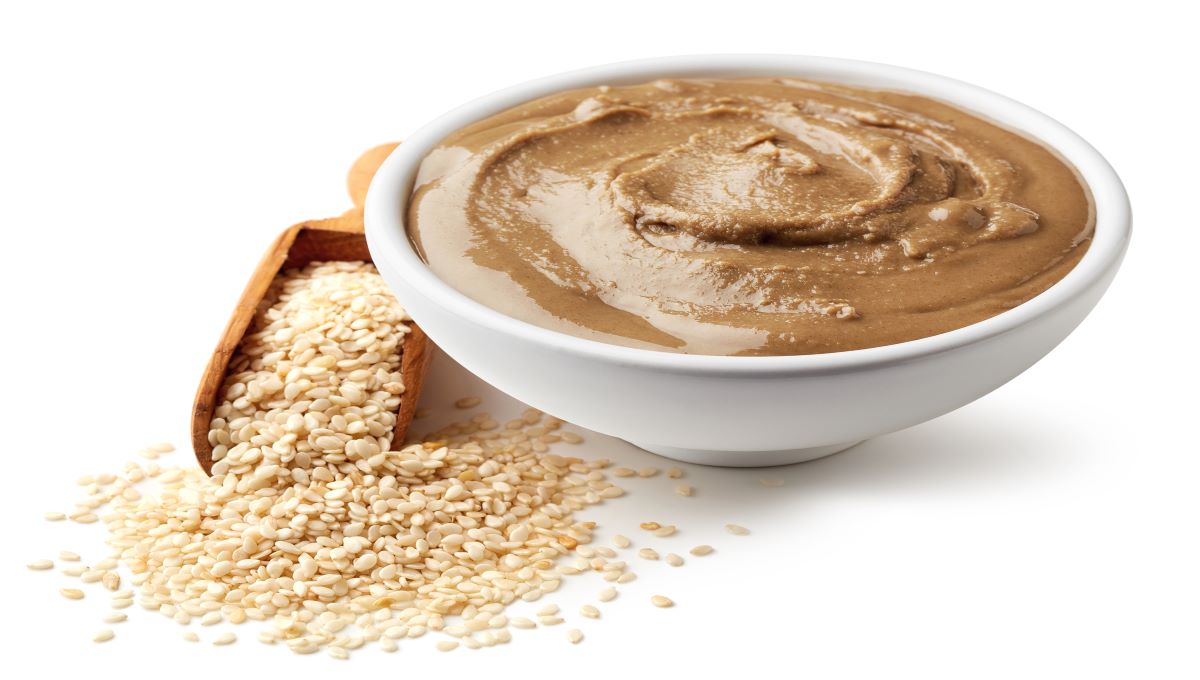Authorities in New Zealand have tightened the import rules around tahini and halva from Syria following a recall and outbreak.
An outbreak of Salmonella Kintambo earlier this year involved three patients who had consumed sesame-based products from Syria. Two people were hospitalized. Sequencing of clinical isolates showed cases were closely genetically related and had the same sequence type as in an ongoing European outbreak linked to the same type of products.
In July, Middle East recalled specific batches of Algota brand Sesame Tahini because of the possible presence of Salmonella.
New Zealand Food Safety testing of tahini and halva products found Salmonella Kintambo, Salmonella Amsterdam and Salmonella Orion.
The agency has amended the sampling plan for such high risk products. Changes mean all consignments of crushed sesame seed products, such as tahini and halva, must be sampled and tested for Salmonella, when exported from Syria or if they originate from the country.
All lots of these products in each consignment will require sampling and testing to gain clearance at the border.
The update does not affect crushed sesame seed products from other countries or non-crushed sesame seed products, such as whole sesame seeds.
“We encourage importers of these products to take this opportunity to confirm with their overseas suppliers that the products they supply are safe and suitable for importation to New Zealand. Importers of these products should be aware of the increased sampling rate and what these changes may mean for their business,” said New Zealand Food Safety.
Wider problem
The United States has reported six Salmonella Mbandaka cases, one in 2020 and five in 2021. Canada had eight confirmed patients: five of Salmonella Mbandaka, two of Salmonella Havana and one of Salmonella Orion from 2019 to 2021. There have been several recalls.
In Europe, at least 121 people have been affected since January 2019 in five countries, with Germany recording the most cases.
Six different types of Salmonella were behind illnesses in Germany, Sweden, Norway, Denmark, and the Netherlands. The most common is Salmonella Havana followed by Salmonella Mbandaka, Salmonella Orion, Salmonella Kintambo, Salmonella Senftenberg, and Salmonella Amsterdam.
Since mid-June 2022, Germany has posted 13 reports on the Rapid Alert System for Food and Feed (RASFF) concerning Salmonella in tahini, halva and sesame paste from Syria. Recent alerts have also mentioned contamination of tahini or halva from Türkiye (formerly Turkey).
In April, Norway reported two illnesses because of Salmonella Senftenberg and Salmonella Orion in halva products from Syria.
(To sign up for a free subscription to Food Safety News, click here.)

